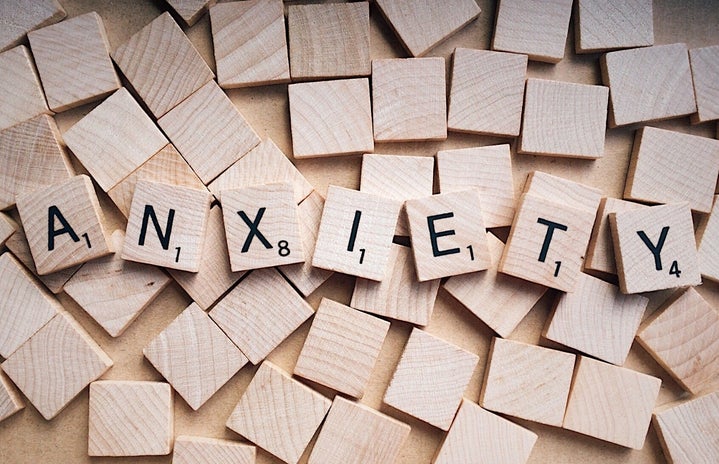It seems that in the modern digital age, perceived status quo goes hand in hand with self-perception. This rather delusional phenomenon stems from the average person’s innate desire to fit in with their surroundings. As Joanna Cannon remarks in her article “We All Want to Fit In”, “Familiarity is the social glue that bonds people together, and we deliberately seek out the similar and the recognizable in order to feel secure.” When we begin to stray from the so-called “familiar” we become socially anxious–that is, we become fearful of “being negatively judged and evaluated by other people.” The question remains, however: when does our preoccupation with the status quo become debilitating? When is it time to seek help? These are 5 signs that indicate you may have social anxiety.
You find yourself cancelling plans.
It is one thing to be apprehensive about following through with plans, it is another if your hesitation forces you to completely miss out on an opportunity and/or an event.
You find it impossible to do things on your own.
There is no shame or judgement in being alone. As a matter of fact, in my experience learning to seek comfort in solitude only bolsters self-confidence.
You are a people-pleaser.
Wanting to be well-liked and, more importantly, appreciated is a common sentiment. However, potentially causing yourself distress over being unable to gratify others is detrimental for your own mental health.
You feel as if life is passing you by.
This sentiment in and of itself is reason enough to take your mental health seriously. It probably seems like everyone around you is growing and moving forward, while you’re stuck in one place. You do nothave to limit yourself like this.
Your worrying is wreaking havoc on your body.
Physical symptoms of anxiety include: excessive sweating, nausea, lightheadedness, trouble with breathing and even panic attacks. Ultimately, it is up to the individual to decide whether or not they need help. It doesn’t take a checklist of symptoms for you to recognize that there is something deeper going on. Help is offered in a number of ways for those that need it. If not a therapist, a friend, a professor, even considering self-reflection are all ways in which you can begin to take back control of your life. Seek help! Don’t sit idly by knowing that you can better your situation.



